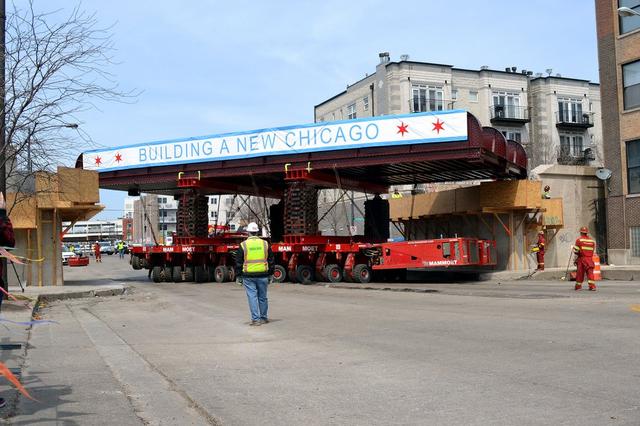Addressing Property Taxes And Gentrification Along The 606
By Melissa McEwen in News on Jun 4, 2015 6:55PM
Most gentrification narratives go vaguely like this: hipsters come to a neighborhood and open up fancy businesses and build fancy stuff and the original residents get pushed out. But often there is little focus on how exactly the original residents get pushed out.
Often it's because of property taxes. The Reader reports that the Logan Square Neighborhood Association (LSNA) is tackling this factor head on with proposed property tax abatements that could help people stay in a booming area that's going to get even more valuable now that The 606 is opening.
Property taxes are an important source of revenue for local governments but they also lead to some perverse incentives. They are the reason people in neighborhoods are often less than excited when they hear cool new things like The 606 are coming. Because it means property values go up and therefore property taxes increase. That's great if you want to sell, but bad if you want to stay and bad if you're a renter and the taxes get passed on to you.
Some policy institutes like The Institute on Taxation and Economic Policy consider most property taxes regressive, which means it puts relatively more burden on lower income people.
Luckily there are policy tools that could ease the burden. LSNA has asked Cook County commissioner Luis Arroyo and Cook County assessor Joe Berrios to get on board with helping long term homeowners with would grant exemptions or reductions for a set period of time along the corridor affected by The 606. LSNA also is working to assist people in appealing property tax assessments that may be too high. Delia Ramirez, who is leading the charge for this tells the Reader, "This is home. Your neighbors are like family. It's not about the profit margin, or if you can flip the property so you can move to Lincoln Park or Naperville."
It's good to see actual policy solutions rather than just making hipsters feel vaguely guilty, which never works.
